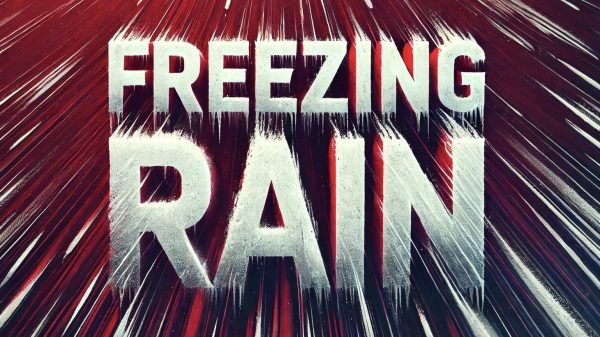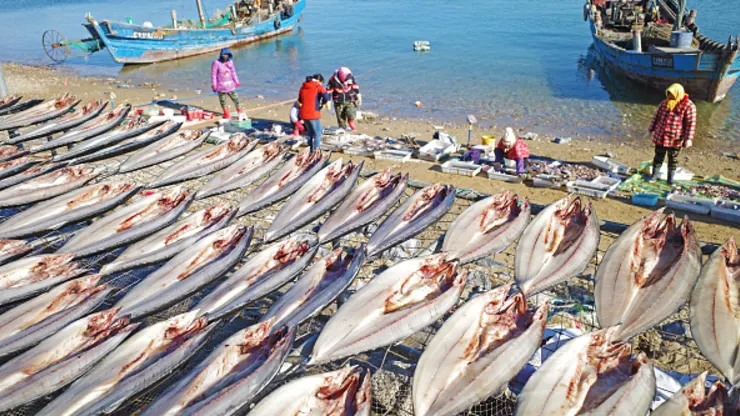U.S. congressmen said the Biden administration should push down on China’s forced labor in seafood production after an investigative journalism group revealed extensive transfers of laborers from Xinjiang to other processing facilities.

An assortment of fish for sale at a seafood market in the province of Shandong in China. (Source: WANG HAIBIN/ZUMA PRESS/ The Wall Street Journal)
Laborers from Xinjiang
Rep. Chris Smith (R., N.J.) and Sen. Jeff Merkley (D., Ore.) wrote to Department of Homeland Security Secretary Alejandro Mayorkas on Tuesday that the administration should block seafood imports from Chinese seafood-processing facilities that violate a U.S. law targeting forced labor in Xinjiang, home to the Uyghur people and other minorities. The two men lead the Congressional-Executive Commission on China, which monitors China’s human rights record. The MPs also suggested banning North Korean forced-labor seafood imports. They called for quick action to ensure that America’s seafood supply networks are free of forced labor.
The nonprofit journalism organization The Outlaw Ocean Project revealed frequent transportation of forced laborers from Xinjiang to seafood-processing facilities in other parts of China, according to Smith and Merkley. At a hearing in Washington on Tuesday, Outlaw Ocean founder Ian Urbina claimed that China is the unchallenged superpower of seafood, highlighting China’s special role in the industry. Urbina claimed the country had the “vastly” largest distant-water fishing fleet. Due to its high processing capability, even seafood taken by U.S.-flagged ships in U.S. seas is routinely processed in China and transported back as packaged items, Urbina said.
READ ALSO: China on Air Force Maneuvers US Aircraft
Forced labor Related Products
The country is the “most dependent on forced labor when it comes to seafood,” he claimed. The sector is under pressure due to unprecedented attention on businesses’ supply chain linkages to China, especially as the U.S. executes a rule that banned Xinjiang imports last year. China disputes U.S. claims that the region is rife with forced labor and other human rights abuses. Although Xinjiang is best known for cotton, tomatoes, and solar panel components, U.S. law enforcement has targeted other forced labor-related items.
Smith and Merkley urged the Biden administration to apply the Uyghur Forced Labor Prevention Act restriction to seafood companies using Uyghur forced labor. They also asked the administration to automatically scrutinize fish imports from Shandong and Liaoning processing facilities. At the Washington hearing, Labor Department Deputy Undersecretary for Foreign Affairs Thea Lee stated “further urgent action is needed.”
READ ALSO: Chinese Planes Accused of Endangering US Aircrafts Flying Around China Seas

















































